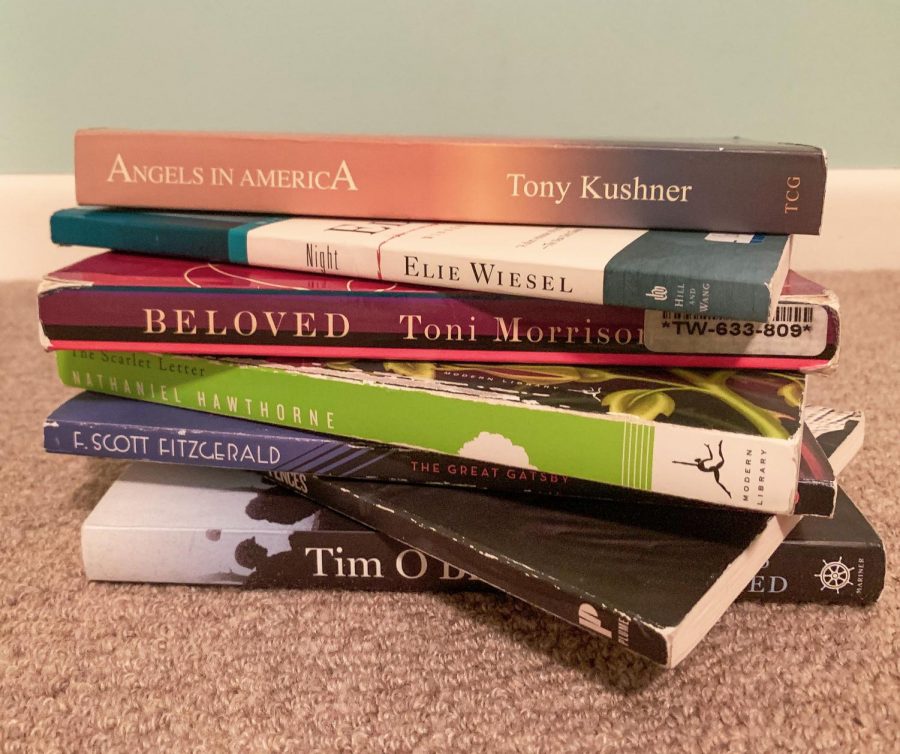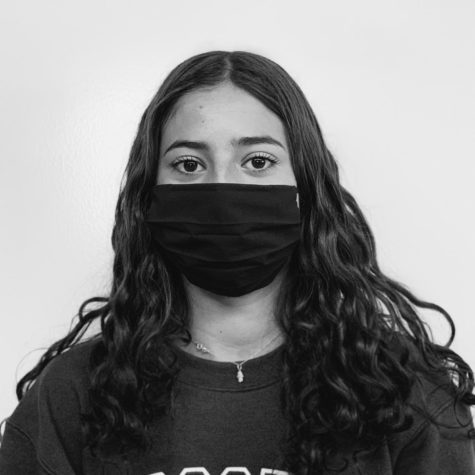Sophocles’ “Antigone”: “I have longer to please the dead than please the living here: in the kingdom down below I’ll lie forever.”
Elie Wiesel’s “Night”: “To no longer exist. To no longer feel the excruciating pain of my foot. To no longer feel anything, neither fatigue nor cold, nothing…deep inside, I knew that to sleep meant to die…the night was growing longer, never ending.”
John Donne’s “Holy Sonnets”: “One short sleep past, we wake eternally, / And death shall be no more; death, thou shalt die.”
Chinua Achebe’s “Things Fall Apart”: “The land of the living was not far removed from the domain of the ancestorsÖ when an old man died, because an old man was very close to the ancestors. A man’s life from birth to death was a series of transition rites which brought him nearer and nearer to his ancestors.”
Each of these four texts discuss death within different ethnic, religious, and cultural paradigms, teaching us how beliefs surrounding death are versatile. “Antigone” discusses the ancient Greek belief of the underworld, Donne’s “Holy Sonnets” unpack the dichotomy between heaven and hell. Wiesel explains how death, or eternal “night,” felt inevitable in Nazi concentration camps, while “Things Fall Apart” explains the belief that human life is a path that leads one closer to their ancestors. Blake’s literary texts allow us to embrace the discomfort of discussing death by displaying a diverse array of authors’ commentary surrounding death: we learn that death is a unique, personal experience of human reality, and it awaits individual opinions and analysis in order to elicit a deeper understanding.







